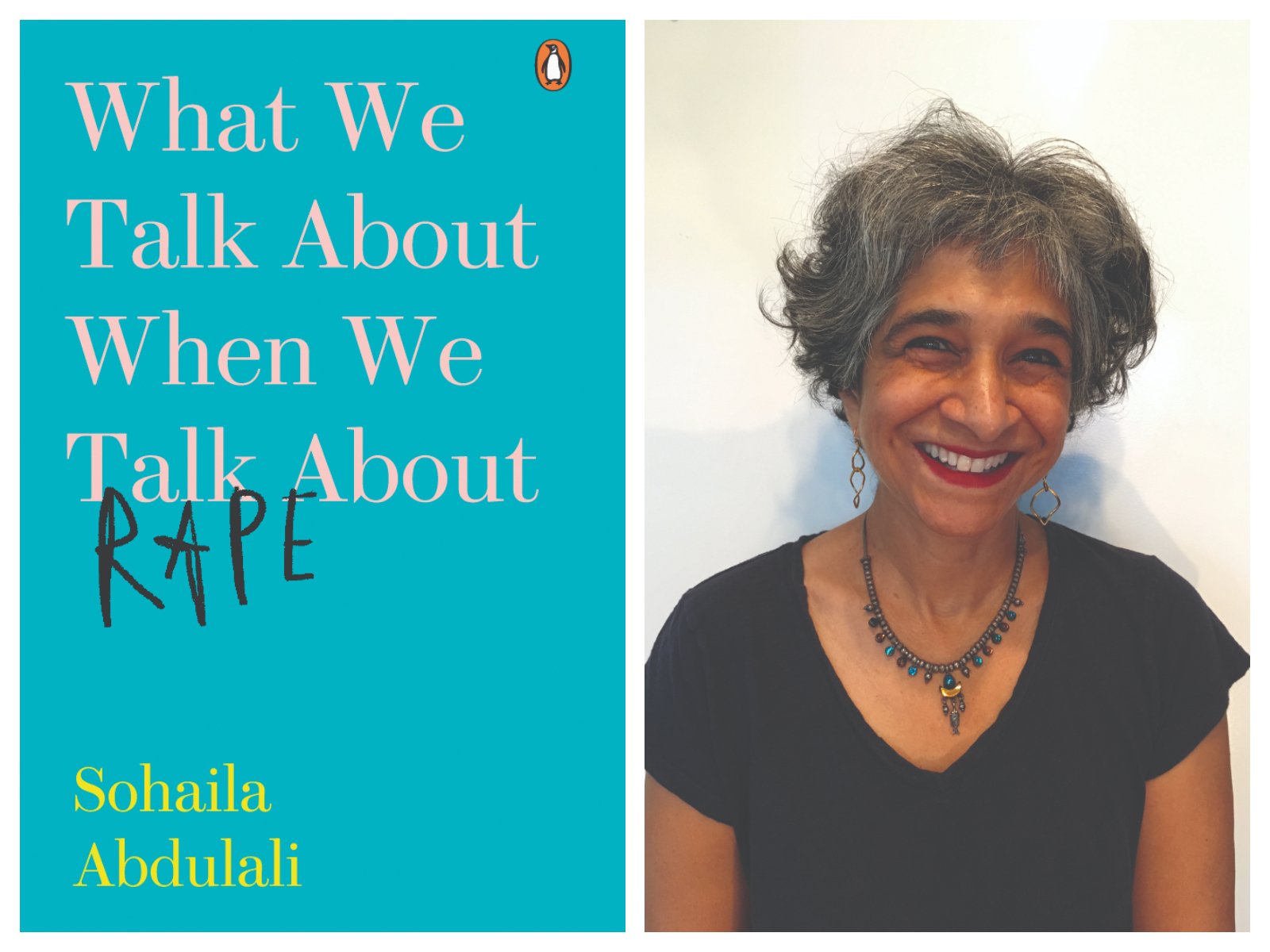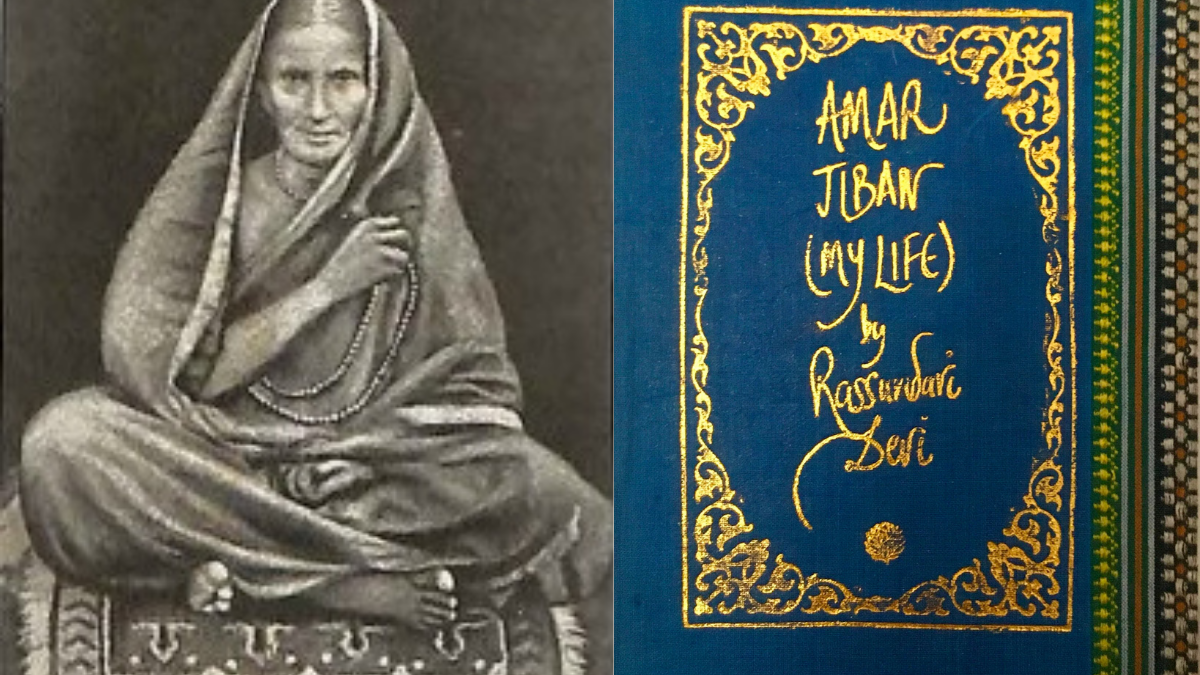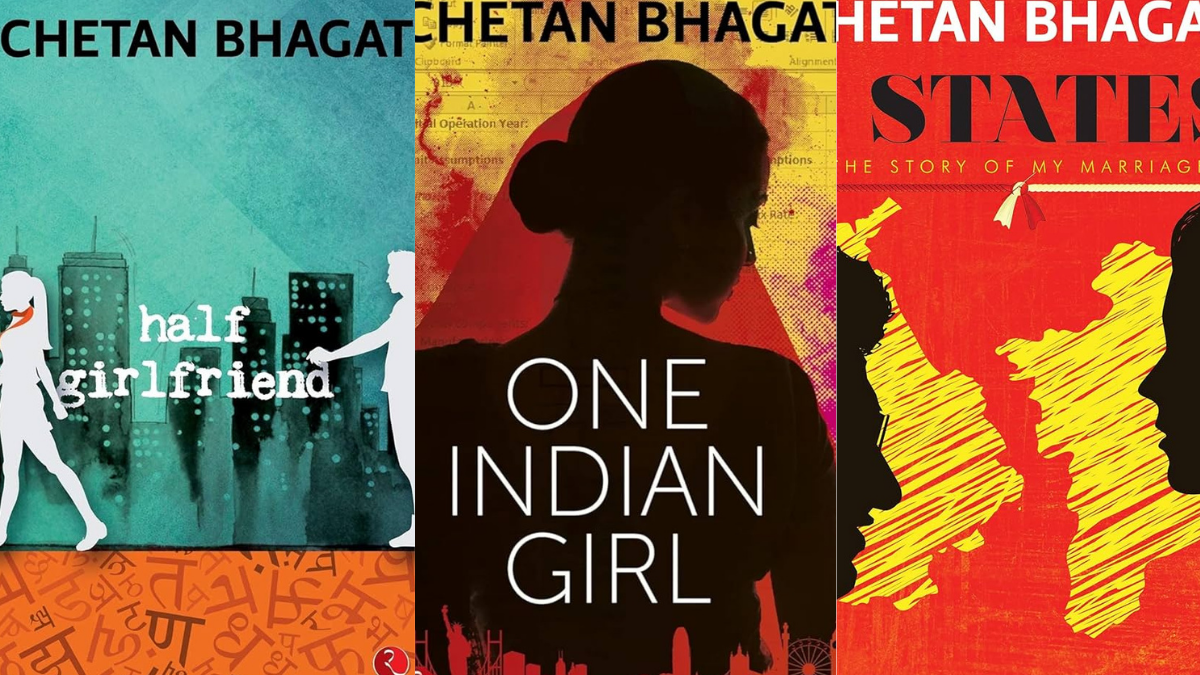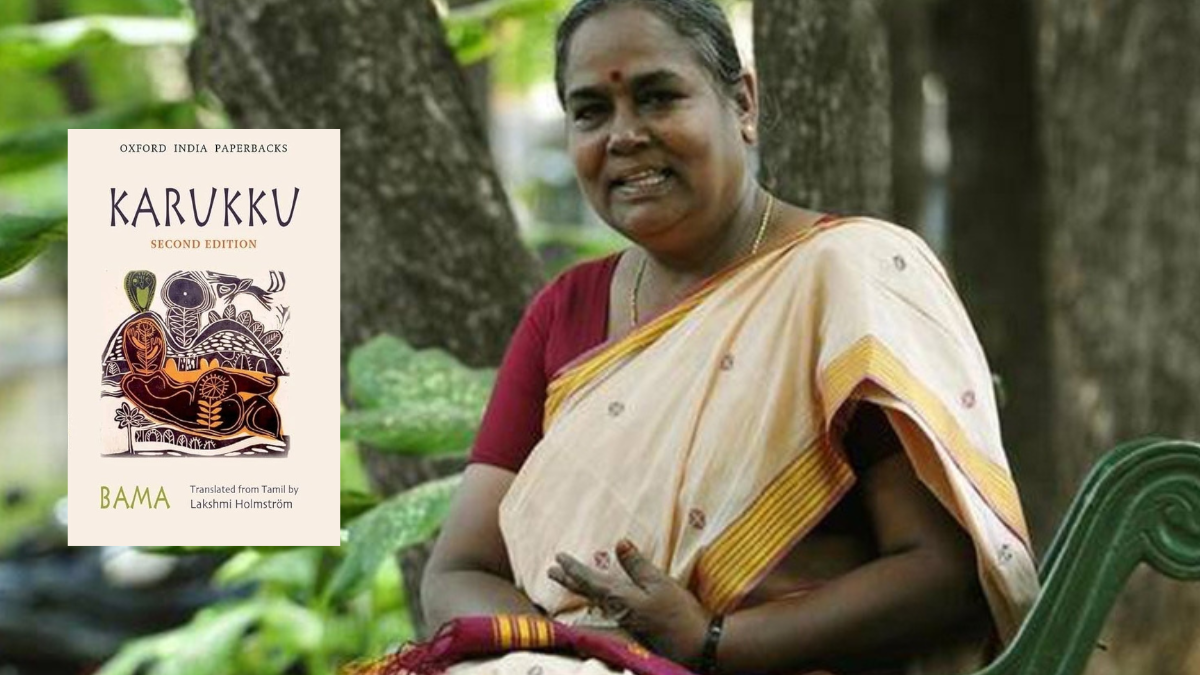My last read of 2018, the year in which India was ranked the most dangerous nation for women, turned out to be extremely topical, What We Talk about When We Talk about Rape by Sohaila Abdulali. If I could, I would reproduce the entire book here because I think everyone should read it but since I can’t, here are some things I particularly appreciated.
A Unique Perspective
From the various citations in the book, it’s evident that this is not the first book to tackle the subject. But this is an easy to read book that covers different aspects of the issue. It is informed by Abdulali’s rape as a teenager (which she has spoken about before). Her insights are also drawn from her undergraduate and graduate theses on rape, her work in rape crisis centres, counseling survivors, and training doctors, police officers and teachers.
She chronicles the stories of rape survivors from across the globe sensitively, relying on personal emails, published reports, and interactions with those working to help survivors. Her sense of humor underlies the entire book and draws you in, making the reading more intimate – which is why when you are driven to tears by some of the horrors recounted, a turn of phrase will draw a smile.
We really have a problem if we think it’s easy to confuse sex with rape
Different sections cover the issues of victim-shaming, consent, laws, our attitudes to sex and how that contributes to sexual violence, the inadequacy of our language and our institutions and our systems to deal with sexual violence, what surviving rape entails, how different people react to rape, how to be an ally and more.
This is not a mere academic review of facts and statistics. It is a conversation, initiated by someone who is both survivor and observer, and like any conversation, the chapters go beyond facts and figures with nuggets that ask us to be furious at, to be empathetic to the anguish of, and to consider the horror of rape. More than anything else, for me, this book humanised the conversation on rape.
BDSM And What It Teaches Us About Consent
The book looks at the much talked-about, seemingly murky issue of consent. Abdulali draws from existing literature and her own thoughts to remind us, “…no amount of prescribed language can make up for basic mutual respect. Yes, ask, look for signals, keep your dick in your pants until you’re really very very sure, but, in the end, you have to care. You have to care about another person’s wishes and feelings. And about their desires.”
Breaking down the contentious issue to a simple truth, Abdulali further offers BDSM as a mirror of the best aspects of affirmative consent. She says, “before getting down to the business of pleasure, check with your partner. Agree on what you’re doing, how to signal that you want to stop, and how to pick up that signal.” A brave and interesting idea, at once addressing the stigma associated with BDSM and addressing the core of consent.
Also read: The Kinky Way Forward: How BDSM Helped Liberate My Sexuality
Also important to understanding consent and respecting your sexual partner is the need for healthy sex education. She says, “We raise our children with such unclear standards that they don’t even have the tools to recognize rape when they see it. We really have a problem if we think it’s easy to confuse sex with rape…. High-quality sex education can and should equip young people with the language and tools to understand and critique the roles of gender and power in their friendships and romantic relationships.”
The Need For Inclusive Gender Movements
Abdulali’s book was published not long after the #MeToo movement in the US. While lauding the movement for what it stands for and what it has accomplished, Abdulali has a word of caution, “Defining moments shine a light on this or that group, this or that country, this or that event. The problem with spotlights is the surrounding darkness…. Most of the time, the rest of us aren’t even conscious of the millions of people who don’t share our language, media access and privilege, who won’t read this book, and who won’t wear pussy hats and march to have rights over their own bodies.”
This is what stood out starkly in the response to India’s recent #MeToo revelations on social media which was unlike the response of well-respected feminists to Raya Sarkar’s list naming sexual predators in the academic space. Unsurprisingly, writers and activists have thus pointed out the need for #MeToo to move beyond the savarna concerns to include Dalit, Bahujan, and Adivasi women. This is necessary because our conversations on rape must transcend the boundaries of gender, caste, class, ethnicity, and flawed notions of ‘good’ and ‘bad’ victims.
Rape is a choice. Rapists choose to rape… We just don’t want to think about the uncomfortable truth that a rapist is just a guy, any guy, who rapes.
Also relevant in our current climate is Abdulali’s constant reminder throughout the book that sexual violence is always terrible, but each rape survivor deals with it differently. Some like Thordis Elva work their way up to forgiving their rapist because it gives them peace. Some find that speaking out on social media, specifically in a virtual sisterhood with others who have suffered similarly, helps them vocalise their trauma and deal with it better.
We cannot prescribe the correct way of dealing with sexual assault because it is subjective. Thus, it does not help to write off anyone’s methods as ‘imitative and irrelevant‘ because talking about sexual harassment in cities does not automatically mean denying or ignoring its prevalence in our villages too!
What About The Perpetrators?
One criticism of the #MeToo movement has been how it has ‘ruined’ the lives of the men accused of sexual violence on social media. The tragic suicide of a Genpact employee reportedly suspended after he was accused of sexual harassment resulted in a case of abetment of suicide being filed against the two women who had accused him of misconduct and against the company. These were women who followed due process.
What message does the police case against them send to women who might be considering speaking out against sexual violence, some of whom might not even have access to due processes? Abdulali addresses this charge too, saying, “Sexual predators deserve due process, but they don’t deserve blanket immunity from accusations any more than any other criminals… For anyone whose main concern in all this is the subjugation of men rather than the liberation of women, I have some advice: grow a pair. Of eyes. I don’t think we need to worry too much about the imminent avalanche of ruined men falling from on high. Plenty of them get passes. You need look no further than 1600 Pennsylvania Avenue.”
“…there is no reasonable reason to rape,” Abdulali reminds us. “You’re either doing it explicitly to cause damage, or because you want sex and don’t understand or care that the other person does not want it. Justifiable homicide exists (for instance, if you’re killing someone to stop a rape), but justifiable rape? Do you ever need to rape someone to stop any other crime?… Rape is a choice. Rapists choose to rape… We just don’t want to think about the uncomfortable truth that a rapist is just a guy, any guy, who rapes.” This is no “man-hating feminazi”. This is someone whose unique experiences make her compassionate and sensitive to nuance and the understanding that this is a complicated conversation: “it’s difficult to muster up wholesale abhorrence of all abusers. They are so aggravatingly human”.
We Need To Talk About Rape
This book contains horrifying stories and disturbing facts and insights. #MeToo while empowering for some can trigger the trauma of past violence for others – trans persons have a 50-50 chance of being sexually assaulted and a far lesser chance of receiving support and justice, fear of dentists and dental work can also be a reaction to the trauma of rape. In spite of these gloomy facts, Abdulali never fails to remind us that “rape doesn’t have to define you, that it doesn’t have to reflect on your family, that it is terrible but survivable, that you can go on to have a joyous life”.
Abdulali’s timely and immensely relevant book is the message “We must talk about rape, and we must talk about how we talk about rape.” And this is a difficult conversation that must include attempts “to wrestle with issues of impunity and unpredictable memory and illogical justifications; of shame and guilt and the tedium of a trauma that goes on and on and on.”
Also read: Understanding Rape Culture 101
Abdulali has been talking about this from the time she was 17, first trying to get an ineffectual system to take her seriously, then addressing myths about rape at 20, and again in 2013 after the death of Jyoti Singh brought a nation to the streets in protest, and probably in many of her columns in the intervening years. Maybe this book, now, is when she can finally get us to listen and to start talking too.
Featured Image Source: Vice
About the author(s)
Raji makes her living editing copy. She is sorting her thoughts and trying to be a little less ignorant each day.




